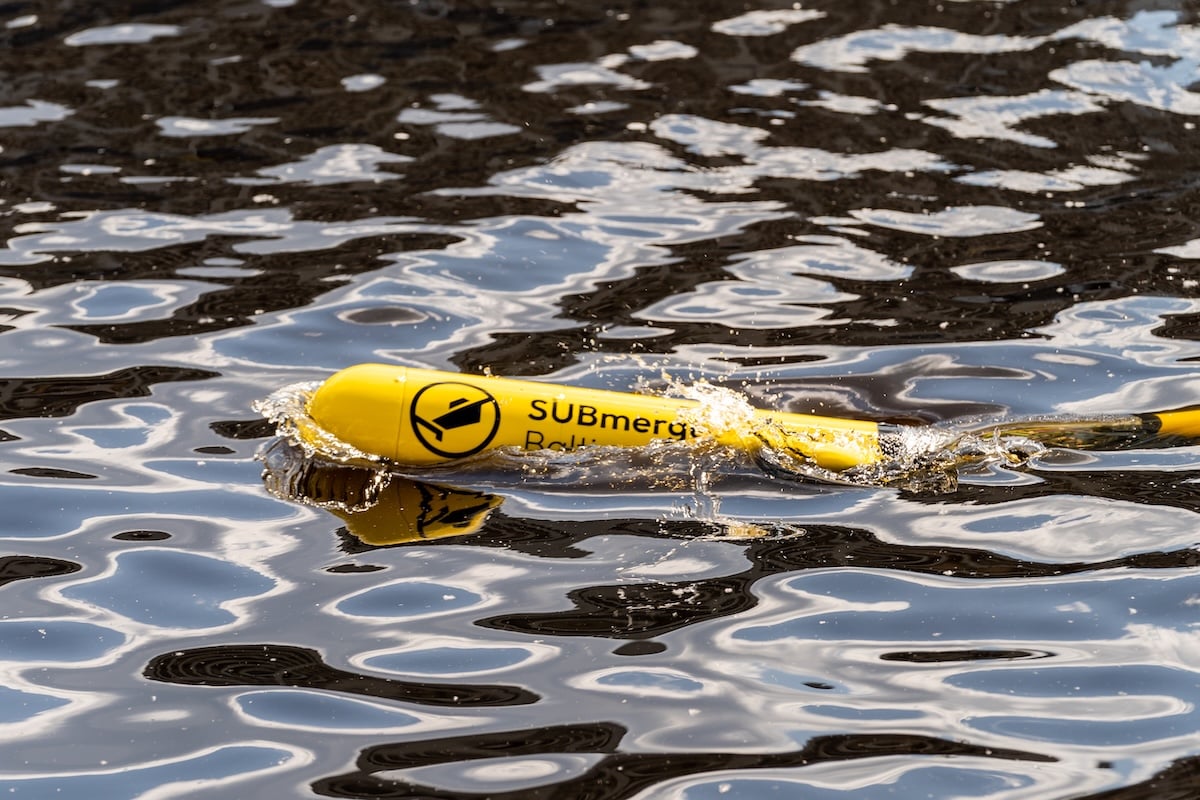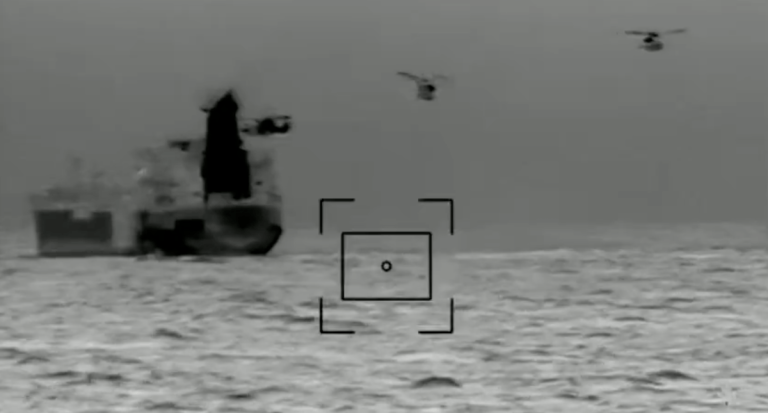At the recent Drone Summit 2025 in Riga, Latvian startup SUBmerge Baltic unveiled its latest innovations in underwater drone technology, showcasing its PIKE line of remotely operated and autonomous underwater vehicles. The event highlighted the startup’s continued commitment to developing advanced marine solutions suited for a variety of applications, including both civilian and defense operations.
The PIKE 1, a remotely operated vehicle, boasts significant operational capabilities with an impressive 8-hour work time. It can travel distances of up to 80 kilometers (49 miles) and operate at depths of 300 meters (984 feet). This vehicle is equipped with two cameras—one facing forward and another directed downward—along with a Doppler Velocity Logger (DVL) and 360-degree sonar for enhanced navigation in challenging underwater environments.
In contrast, the PIKE autonomous underwater vehicle (AUV) nearly doubles these capabilities. It can journey as far as 150 kilometers (93 miles) and dive to depths of 500 meters (1,640 feet), accommodating a payload capacity of 20 kilograms (44 pounds). This AUV offers a substantial 7-day operational endurance, integrating technologies such as DVL, 360-degree sonar, inertial navigation system, and global navigation satellite system to ensure precise navigation over extended periods.
These marine drones have been designed to tackle various tasks, including border monitoring and the protection of underwater infrastructure—especially vital in the low-visibility waters characteristic of Latvia and the wider Baltic region. Their advanced features include high-resolution cameras and an array of sensors tailored to detect position, movement, and depth.
Initially focused on civilian applications like search and reconnaissance missions and real-time monitoring of aquatic ecosystems, SUBmerge Baltic is now expanding the potential uses of its drones into the defense sector. Future developments include aspirations to create a kamikaze drone and a surface vehicle for striking targets in areas currently occupied by Russian forces.
In terms of development and readiness, SUBmerge Baltic is conducting local tests and has plans for joint trials with the Latvian Navy scheduled for June and July, followed by further testing in Ukraine come September. The startup is also working on reducing production costs from 100,000 euros (approximately $112,000) to about 75,000 euros (around $84,000) per unit to make the technology more accessible.
Moreover, the company aims to scale up its production capacity from five units per month to as many as 20, with a goal of delivering two units to the Latvian Ministry of the Interior by the year 2025. This ramp-up reflects not only a strategic growth initiative but also a commitment to enhancing national security capabilities through advanced technological innovation.







